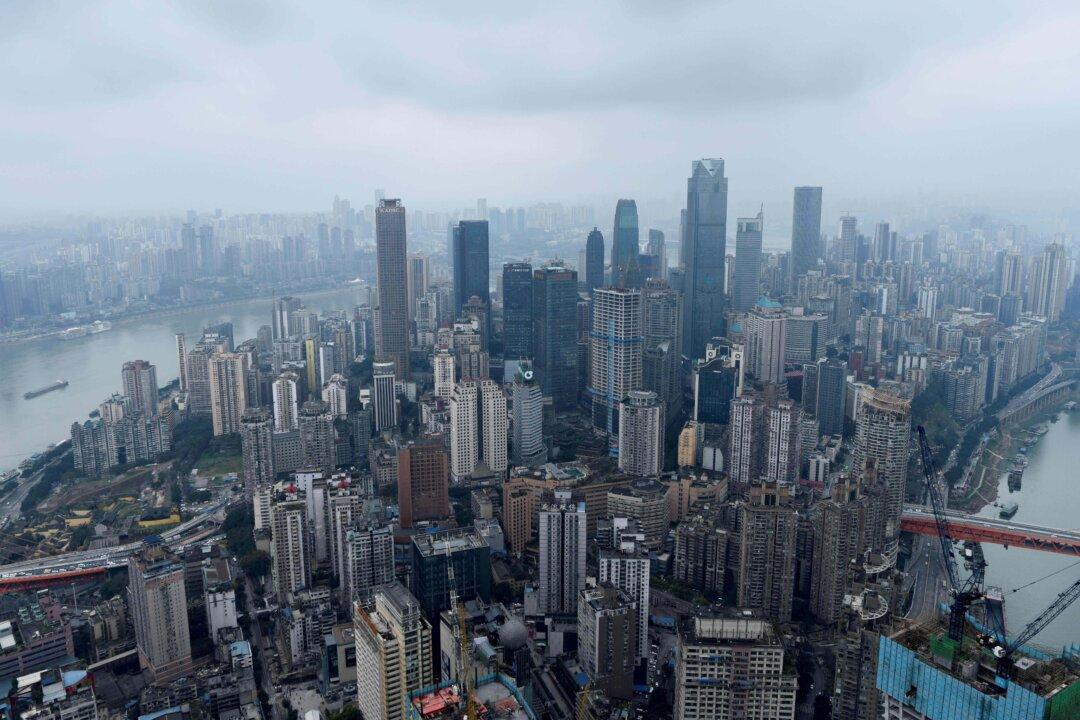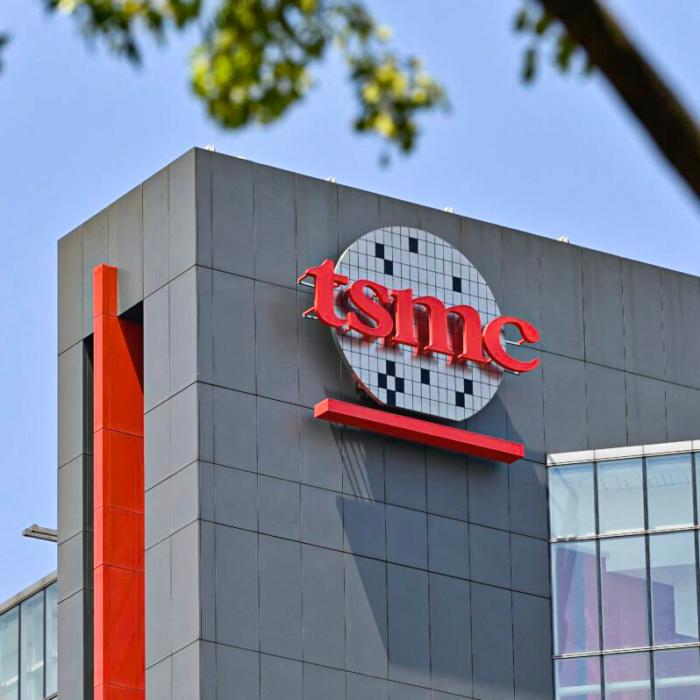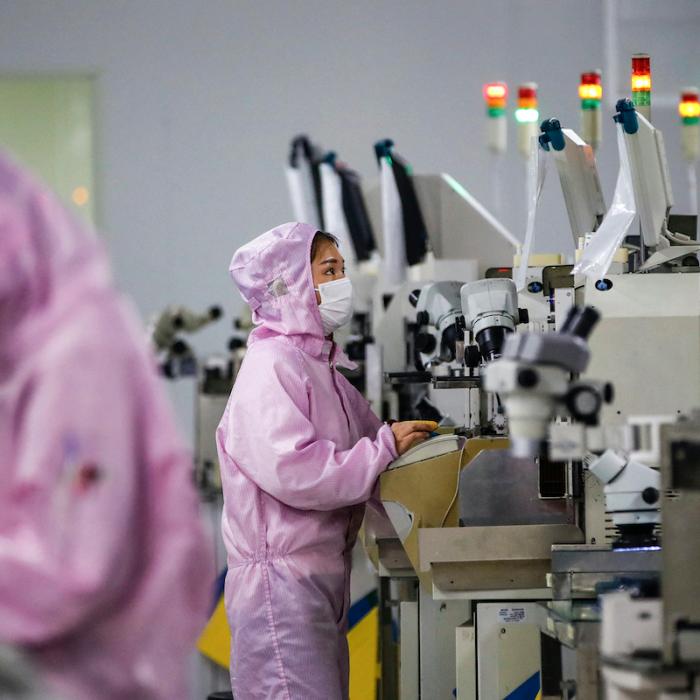The Dutch Embassy in Beijing issued a statement on Mar. 1 announcing the closure of its consulate in Chongqing, a megacity in southwest China.
The brief statement posted on X, formerly known as Twitter, said, “The Embassy in Beijing will now also cover Chongqing, Sichuan, Shaanxi, Yunnan & Guizhou.”
The official website of the Dutch Embassy in China did not provide any information about the closure of the consulate general.
Dutch representatives told a gathering of foreign businessmen in Chengdu on March 1 that they were closing the consulate because the nation’s business presence in the area was limited, according to a Bloomberg report.
It comes as foreign investors continue to withdraw from China, and the communist regime is desperate to attract foreign investors amid its slumping economy.
China’s foreign ministry said on March 4 that every country has the right to decide to establish or close overseas missions, adding that it respects the Netherlands’ decision.
Currently, only a few countries, including Japan, Canada, and Hungary, have consulates in southwest China. In 2020, the ruling Chinese Communist Party (CCP) ordered the United States to close its Consulate General in Chengdu in retaliation for the Trump administration’s closure of the CCP Consulate General in Houston.
Chip Dispute and Political Tensions
Earlier this year, ASML, a maker of semiconductor production equipment based in Veldhoven in the Netherlands, announced that the Dutch government had partially revoked its license to export advanced chip-making equipment to China. The government cited concerns that computer chip-making equipment would be used by the CCP for military purposes.ASML is the largest supplier to the semiconductor industry and the only company in the world that produces the extreme ultraviolet lithography EUV equipment to make the most advanced chips.
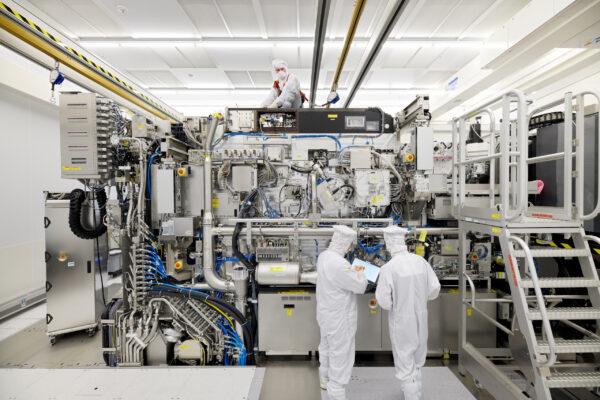
On March 2, a Dutch national public broadcaster’s (NOS) report said Taiwan sees its chip industry “as life insurance against an invasion by rival China” and interviewed former Taiwanese Deputy Minister of Foreign Affairs Roy Chun Lee.
Taiwan’s semiconductor manufacturing company (TSMC) makes roughly 90 percent of the world’s advanced chips.
The CCP complained about the NOS’s report on March 6.
The Chinese Embassy in the Netherlands said that NOS should “adhere to the one-China principle, eliminate the negative impact, and not provide [a] platform for ‘Taiwan independence’ forces.”
On March 1, the Foreign Correspondents’ Club of China (FCCC) issued a statement regarding an incident that occurred on Feb. 27. During a protest outside the “Sichuan Trust” investment bank in Chengdu City of Sichuan Province, China, a NOS correspondent was prevented from recording by the CCP police. The incident was captured in a video released by NOS. Although the correspondent repeatedly identified himself as a foreign journalist and presented his government-issued press ID, the police manhandled him and pushed him to the ground. They also confiscated his microphone and backpack. The correspondent and his cameraman were then taken to a police station, detained for a few hours, and eventually released without any explanation.
The FCCC said in the statement that it is extremely disturbed by the treatment of Dutch journalists and called on the regime “to uphold their own promises and protect the safety and right to report of all foreign journalists working in the country.”
When asked about the incident at a general news conference in Beijing on March 1, the CCP’s Foreign Ministry spokesperson, Mao Ning, said she was unaware of the incident.
Geopolitical Reasons
Wang He, a current affairs commentator and The Epoch Times columnist said that the shutdown of the Chongqing consulate should be a major political decision, which reflects that the Netherlands is distancing itself from the CCP. “From an economic perspective, there seems to be no need for the Netherlands to close its Chongqing consulate. The Netherlands is China’s largest investment destination and second largest source of investment in the EU.”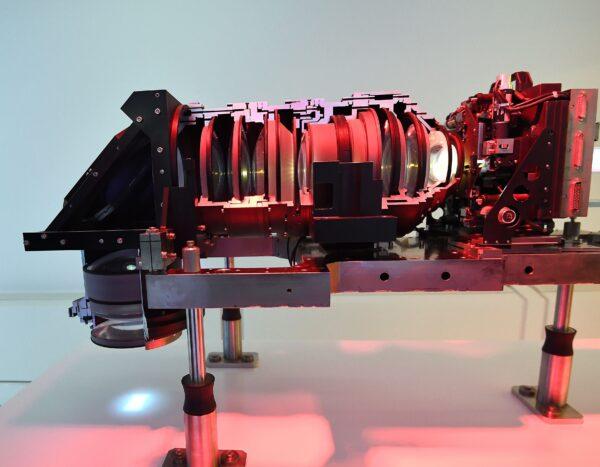
Last year, the Dutch intelligence service warned that although China was an important trading partner of the Netherlands, it posed the “biggest threat” to the country’s economic security, such as commercial espionage and covert investments.
Both the United States and the European Union have adopted the “de-risking” strategy toward the CCP to move their supply chains and investments away from China.
Mr. Wang wrote: “The Netherlands’ international strategy is ‘based on the EU and following the United States.’ Although China is an important market for the Netherlands, with the rampant wolf-warrior diplomacy of the CCP and the ‘de-risking’ of the United States and EU, the Netherlands will inevitably increasingly regard the CCP as a competitor rather than a partner.”
He added, “This time, the Netherlands suddenly closed its consulate in Chongqing. There must be a specific political reason behind it, but it was not stated publicly to save some face for the CCP. The CCP is also well aware of this. That’s why it has changed its wolf warrior style and admitted in a rare and low-key manner that this is the right of the Netherlands. The Netherlands and the CCP can only drift apart from now on.”
